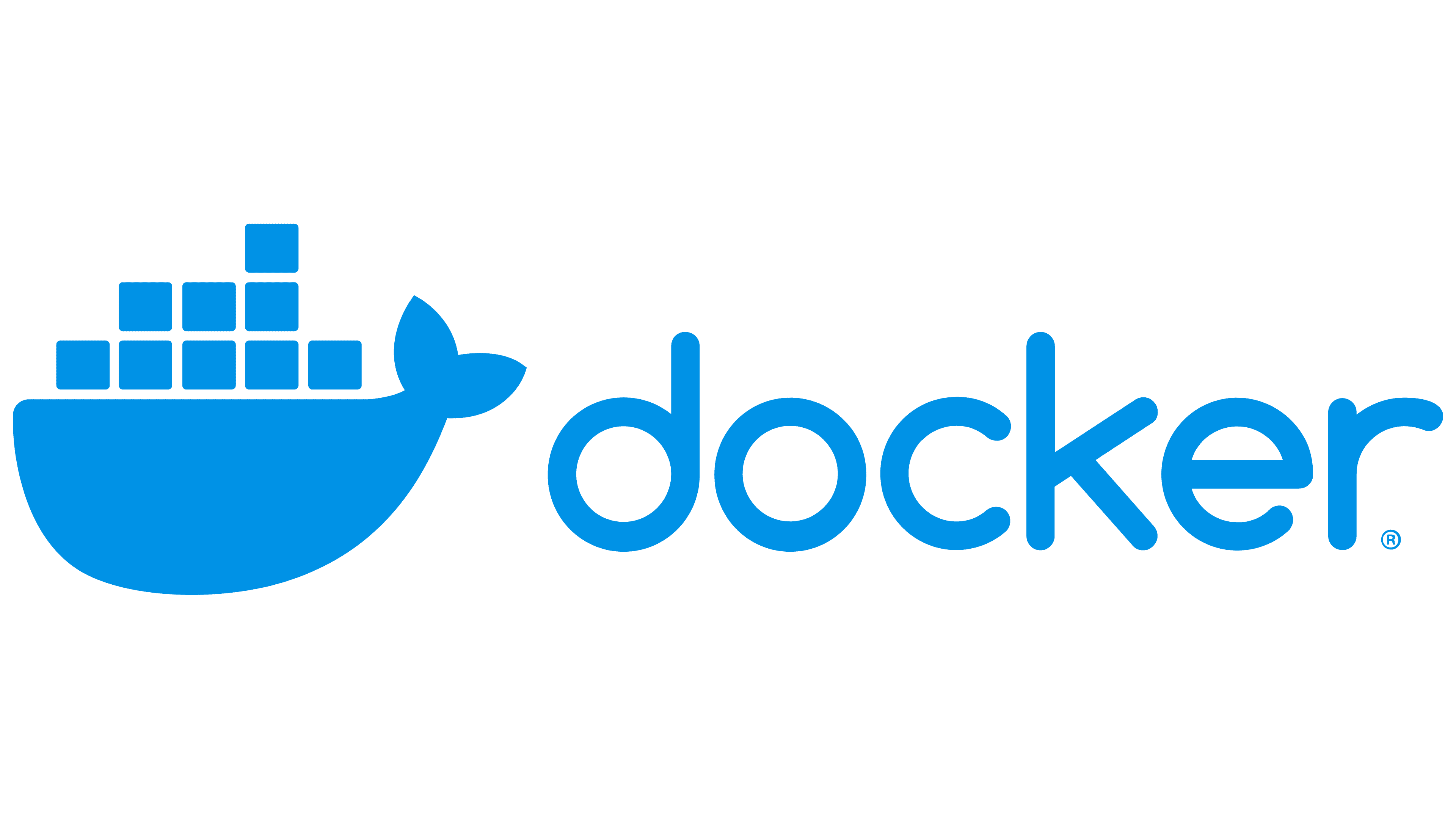
10 Essential DevOps Tools for Improving Software Delivery: A Comprehensive Guide for Software Developers and IT Professionals
Table of contents
- Git - The Version Control System
- Jenkins - The Automation Server
- Docker - The Containerization Platform
- Kubernetes - The Container Orchestration Platform
- Ansible - The Automation Tool
- Nagios - The Monitoring Tool
- Grafana - The Visualization Tool
- Terraform - The Infrastructure as Code (IaC) Tool
- Puppet - The Configuration Management Tool
- ELK Stack - The Log Analysis Tool
DevOps is the art of bringing together the software development and IT operations teams in an effort to improve the software delivery process. It involves the use of various tools and technologies to automate and streamline the software development and deployment processes. In this blog post, we will delve deeper into the world of DevOps tools, and explore some of the most popular and widely used tools in the field.
Git - The Version Control System

Git is a popular version control system that is used by developers to manage and track changes to code. It is an essential tool for DevOps, as it allows teams to collaborate on code, and keep track of changes made to it over time. With Git, developers can easily create, merge, and manage branches, and can roll back changes if necessary. Git also provides a history of all changes made to the code, making it easier to track and understand the evolution of the code over time.
Jenkins - The Automation Server

Jenkins is an open-source automation server that is used to automate the software build, testing, and deployment processes. It allows teams to build, test, and deploy their code automatically, helping to speed up the software delivery process. Jenkins provides a range of plugins that can be used to integrate with various other tools, including Git, Docker, and Kubernetes. It also provides an easy-to-use web interface, making it easy to manage and configure jobs and pipelines.
Docker - The Containerization Platform

Docker is a containerization platform that allows developers to create and run applications in a containerized environment. Containers are lightweight, portable, and can be run on any platform, making it easier to deploy and manage applications. Docker enables teams to package their applications along with all their dependencies into a single container, making it easier to deploy and manage applications. Containers are also more secure than traditional deployment methods, as they provide an additional layer of isolation between the application and the underlying infrastructure.
Kubernetes - The Container Orchestration Platform

Kubernetes is an open-source container orchestration platform that automates the deployment, scaling, and management of containerized applications. It enables teams to manage their containerized applications at scale and helps to improve application reliability and scalability. Kubernetes provides a range of features, including automatic scaling, rolling updates, and self-healing, that make it easier to manage and deploy containerized applications. It also provides a range of plugins that can be used to integrate with other DevOps tools, such as Jenkins and Docker.
Ansible - The Automation Tool

Ansible is an open-source automation tool used for configuring and managing systems. It enables teams to automate the provisioning of infrastructure, configuration management, and application deployment. Ansible uses a declarative language, making it easy to describe the desired state of the system, and then automate the process of achieving that state. It also provides a range of modules and plugins that can be used to integrate with other tools, such as Jenkins and Docker.
Nagios - The Monitoring Tool

Nagios is an open-source monitoring tool used to monitor IT infrastructure, including servers, applications, and services. It enables teams to monitor the health and performance of their systems and alerts them if any issues arise. Nagios provides a range of plugins that can be used to monitor various aspects of the system, including disk usage, CPU load, and network connectivity. It also provides a range of notification options, such as email and SMS, making it easy to stay informed of any issues that arise.
Grafana - The Visualization Tool

Grafana is an open-source platform used for visualizing and analyzing data. It enables teams to create custom dashboards and visualizations, and to monitor the performance of their applications and infrastructure in real time. Grafana provides a range of features
Terraform - The Infrastructure as Code (IaC) Tool

Terraform is an open-source IaC tool used to automate the provisioning and management of infrastructure. It enables teams to define their infrastructure as code, allowing for faster and more reliable deployment and management of infrastructure. Terraform supports a wide range of cloud providers, including Amazon Web Services (AWS), Google Cloud Platform (GCP), and Microsoft Azure.
Puppet - The Configuration Management Tool

Puppet is an open-source configuration management tool used to automate the configuration and management of IT infrastructure. It enables teams to define the desired state of their infrastructure, and then automatically configure and manage their systems to meet that state. Puppet uses a declarative language, making it easy to describe the desired state of the system, and then automate the process of achieving that state.
ELK Stack - The Log Analysis Tool

ELK stack is an open-source log analysis tool that is used to collect, analyze, and visualize log data from various sources. ELK stands for Elasticsearch, Logstash, and Kibana, which are the three main components of the stack. Elasticsearch is a search engine used to store and retrieve data, Logstash is used to collect, process, and transform log data, and Kibana is used to visualize and analyze log data.
In the world of DevOps, there are countless tools and technologies available to help teams streamline and automate their software delivery process. In this post, we've highlighted ten of the most essential DevOps tools that are commonly used by software development teams.
However, it's worth noting that this is by no means an exhaustive list of DevOps tools. Depending on the specific needs and requirements of your team, there may be other tools that are better suited to your workflow and infrastructure.
That being said, I've selected these ten tools based on their popularity, versatility, and effectiveness in helping teams improve their software delivery process. From version control systems to automation servers, containerization platforms to monitoring and visualization tools, each of these tools offers unique benefits and capabilities that can help streamline and automate various aspects of the software development lifecycle.
So, while there are certainly many other DevOps tools and technologies available, I believe that these ten tools are essential for improving the software development and deployment processes. From version control systems to automation servers, and containerization platforms to monitoring and visualization tools, the DevOps toolchain offers a wide range of options for teams looking to streamline and automate their software delivery process. Just by choosing the right set of tools and technologies, teams can increase their productivity, reduce the risk of errors, and improve the overall quality of their software.
